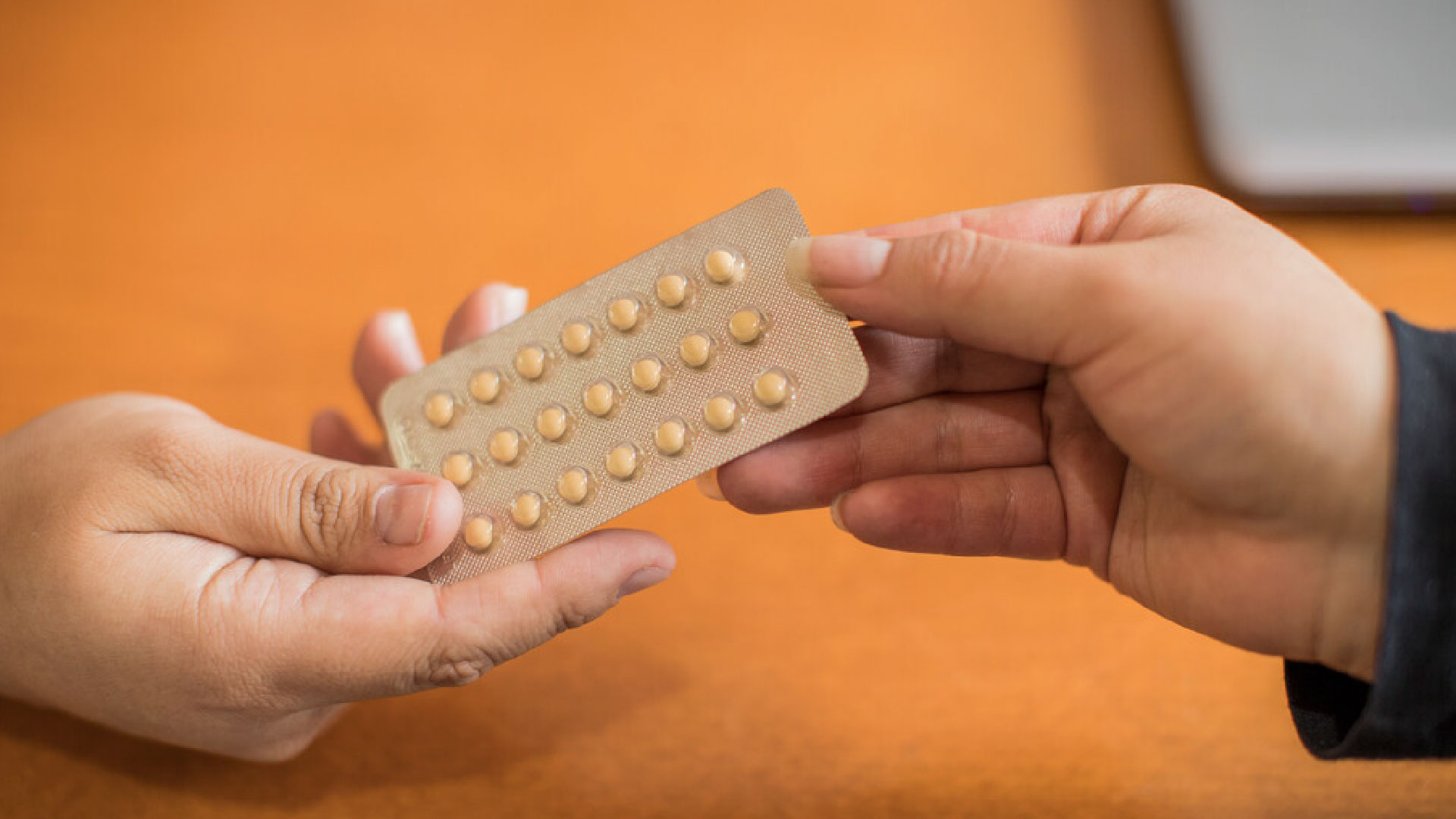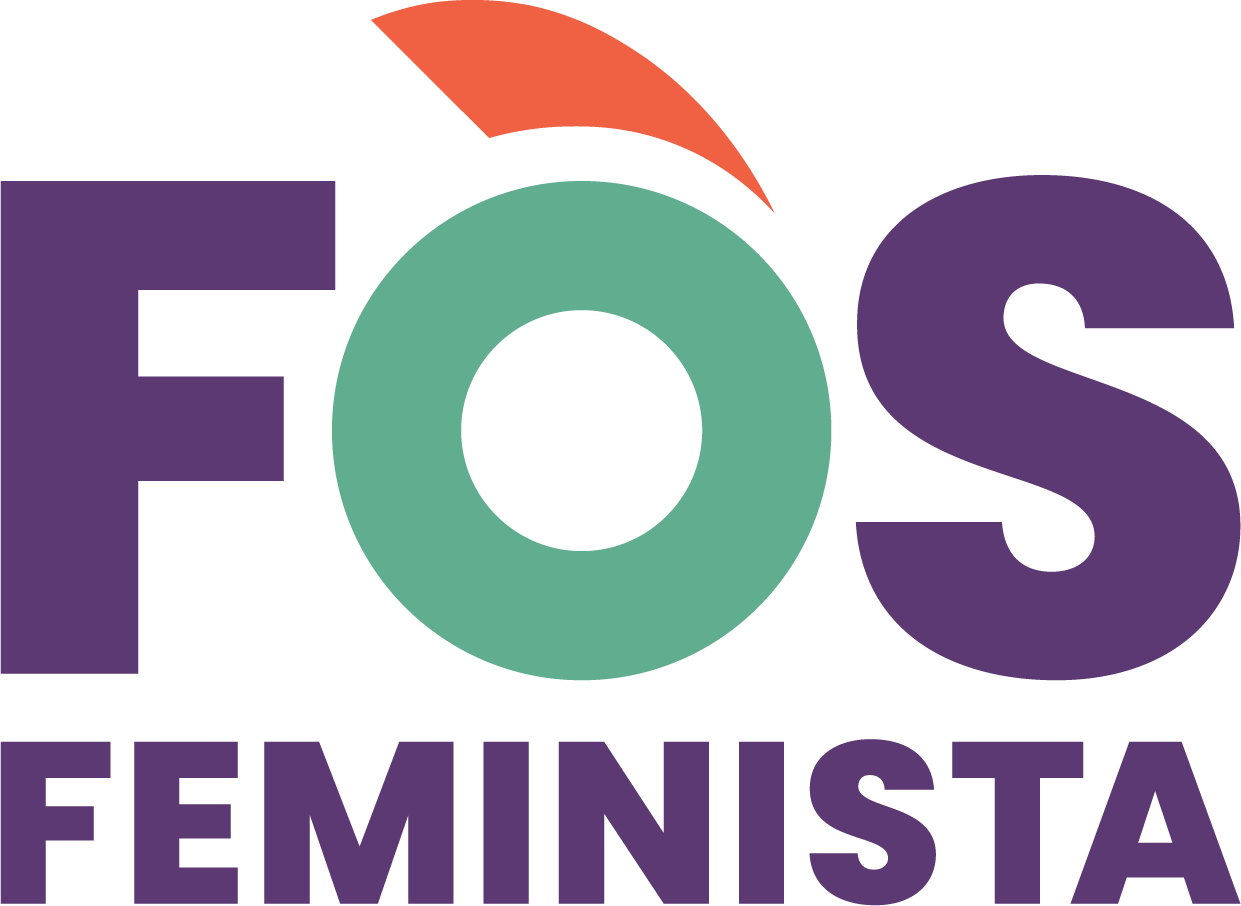
Abortion pills can be used to safely and effectively end a pregnancy -and everyone should have information about them.
In the wake of the U. S. Supreme Court’s decision to overturn Roe v. Wade, self-managed abortion offers a cost-effective, safe, and feasible option to women, girls, and anyone who can become pregnant .
The removal of constitutional protection for abortion has triggered abortion bans in 13 states, criminalizing abortion in most or all cases. In addition, 9 states—including Texas, Mississippi and Oklahoma—have either laws prohibiting abortions after 6 weeks, or laws banning abortion that were enacted before Roe v. Wade and were never removed.
We are bracing ourselves for what will no doubt be a national crisis, as women, girls, and gender-diverse people in the U.S. start facing tighter legal restrictions to accessing safe abortion. But Fòs Feminista has a long history of supporting access to contraceptives and abortion in the face of anti-abortion laws. Our partners have been overcoming obstacles created by restrictive legal contexts for decades.
In the 1980s, women’s movements in Brazil, followed by those in Mexico and other parts of Latin America, discovered a discreet solution for pregnancy termination in national contexts with anti-abortion policies: a pill, intended to treat gastric ulcers, was also effective in safe pregnancy termination. Networks of women human rights defenders, medical practitioners, and others (called “accompaniment networks”) emerged to help pregnant people seeking an abortion to access and administer this medication safely.
Today, that drug—misoprostol—is part of a two-dose treatment for medical abortion. Due to its safety and efficiency, misoprostol, paired with mifepristone, has become the gold standard for medical abortion, according to the World Health Organization. It can be administered by women and other pregnant people themselves in the privacy and comfort of their own homes, and has come to be called self-managed medical abortion (SMMA).
Women and pregnant people can have an abortion by taking one 200 mg mifepristone pill and four 200 mcg misoprostol pills over two days. Misoprostol can be used alone when mifepristone isn’t available with lower effectiveness. Abortion pills are effective during the first 12 weeks of pregnancy.
The protocol is summarized in the following steps:
- Swallow one tablet of mifepristone (200 mg) with a glass of water. Normal eating and drinking for the rest of the day.
- 24 hours later, place four tablets of misoprostol (200 mcg each) in the cheek between the gum and the lower teeth, two on each side. (Two tablets should be placed between the gum and the cheek on the left side and two tablets between the gum and the cheek on the right side.)
- Allow all four pills to dissolve for 30 minutes. Do not eat or drink anything during this time. Saliva can be swallowed. Swallow any remnant of the pills after 30 minutes
A recent report by Guttmacher Institute revealed that SMMA is in fact the preferred and most accessible form of pregnancy termination, accounting for over half (54%) of abortions in the United States. These pills are becoming more sought after in the aftermath of Roe v. Wade being overturned.
As Fòs Feminista, we are working through the entity we co-created with partners, INNOVA Health Supplies, to ensure that SMMA medication continues to be accessible in many parts of the world. And our partner organizations continue to promote and raise awareness of the effectiveness and safety of SMMA, while also helping destigmatize it.
In Mexico, for example, Fòs Feminista works with multiple partners that provide information and accompaniment to women and other pregnant people to self-manage medical abortions. In Kenya, our partner TICAH works with a model of sharing information through a hotline and connecting abortion seekers to a referral network, while KMET trains local pharmacists on SMMA. Our partner GIWYN, in Nigeria, works in communities to destigmatize safe abortion, including by sharing a song about how to use misoprostol and the potential side-effects. GIWYN also operates a hotline to provide information and support on a range of sexual and reproductive health issues, including safe abortion and where to seek post-abortion care.
We look to our partner organizations as examples of what is possible in restrictive contexts, and seek to be a channel for cross-border learning exchanges with organizations in the U.S. on SMMA.






